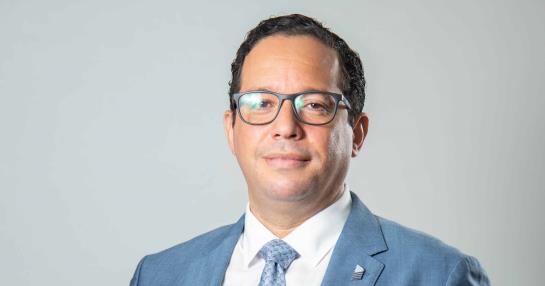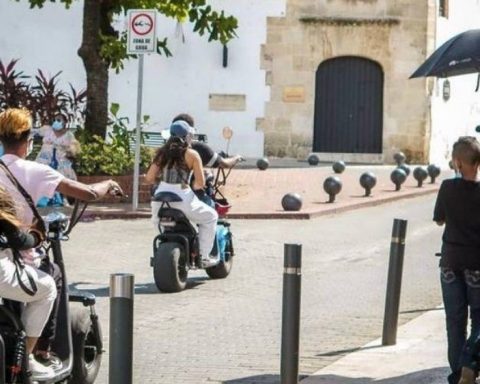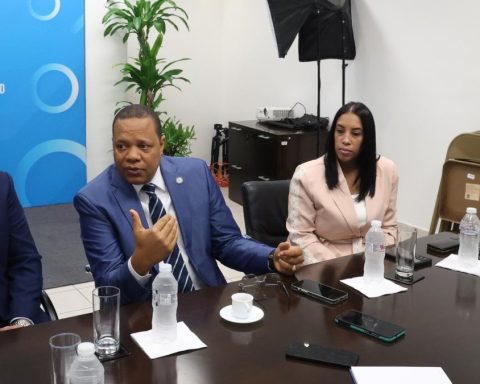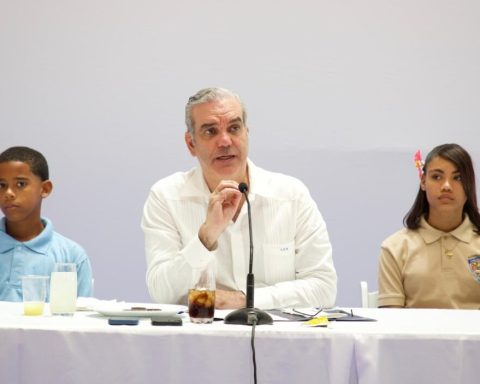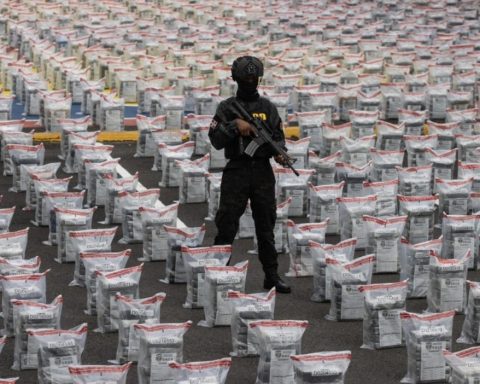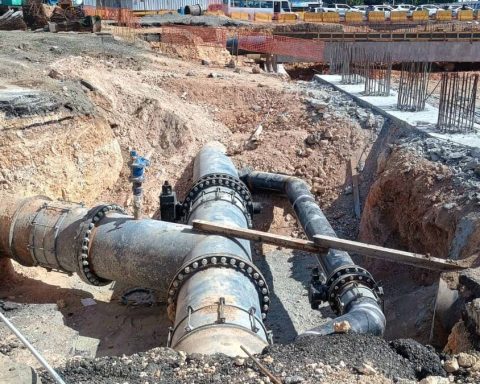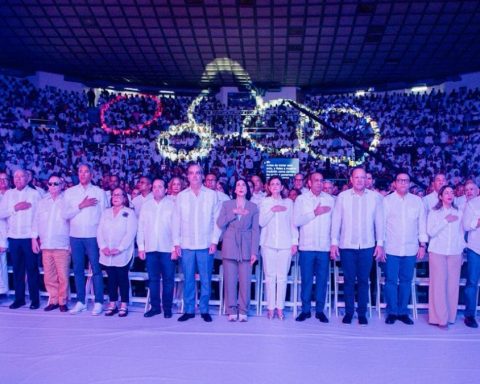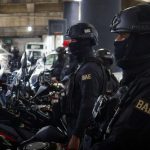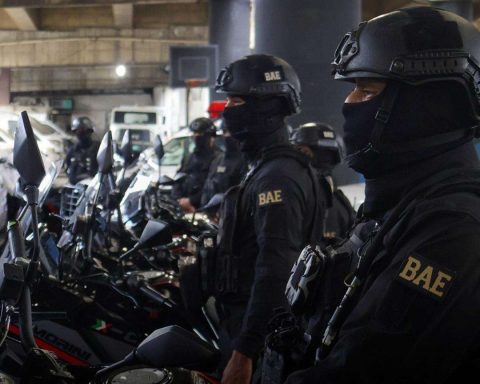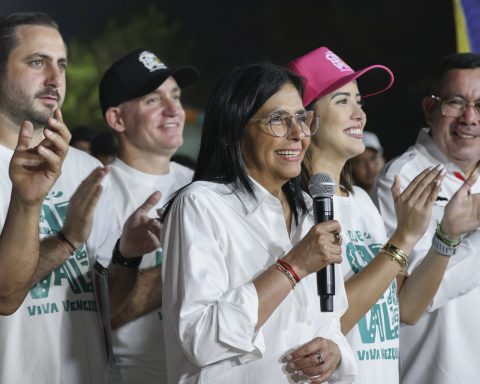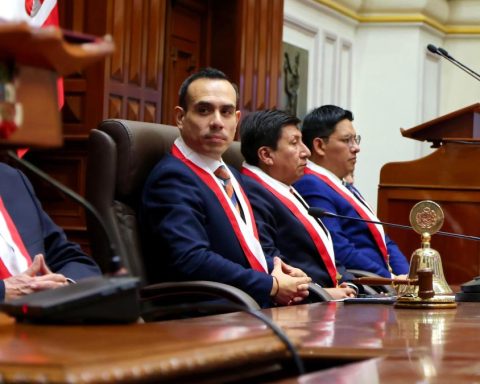Once the feasibility studies of the private initiative declared of public interest have been carried out, for the execution of a National Program of Vehicle Technical Inspection, It will be determined if a public tender will be called to award the project, which could be won by companies other than the one that proposed said initiative.
So forward to Free Journal the executive director of the General Directorate of Public-Private Partnerships (DGAPP), Sigmund Freundwho also reported that developing all the centers that would be required to inspect -as Law 63-17 mandates- the vehicle fleet of the country, which exceeds 4.8 million units, requires an approximate investment of US$100 million.
“This is a project that requires 100 million dollars of investment; the government does not have 100 million dollars to spend on this, ”she emphasized.
“When we have the feasibility studies and we see (…) how many vehicles we really have in the country, how would the division of the lots be, what could be a reasonable rate for the user, all that type of thing, when we have the date, the Council decides whether to call the tender or not call it,” he added.
The National Council of Public-Private Partnerships (CNAPP), through the Resolution 01-2022of January 13 of this year, declared of public interest the private initiative for the implementation of the National Program of Vehicle Technical Inspection, for the implementation of a network of centers to inspect that the vehicles that travel on public roads do so in adequate conditions. The National Institute of Traffic and Land Transport (Intrant) will be the regulator.
The proposal contemplates distributing the income that would be captured in 90% for the private agent and the remaining 10% of canon for the State.
“Once the feasibility studies are completed, if the Council decides to continue with the project, we approve the specifications adjusted to what we understand should be reasonable, that is, if we want to say: no, the economic distribution will not be 90/10 , will it be 60/40 or will it be 50/50, or will it be 70/30”, Freund explained.
“That, it is at that moment that it will be determined; all of this is a simple proposal from a private agent,” she added.
The initiative was presented to the DGAPP by the private agent Consorcio Inteve, represented in the country by the commercial company Castillo Holding Company, SA, led by Leopoldo Castillo Bozo, a Venezuelan who has had legal problems.
On this, Freund indicated that, in the phase in which the proposal is, it is not yet possible to enter “in reviewing in depth what would be the suitability or not of an originator in what should be its legal profile, moral or technical reputation”.
He explained that there is a phase that opens in the tender called “Enabling bidders”, which allows an in-depth review of who the shareholders are, their moral solvency and if they meet the conditions.
about the proposal
Law 63-17 establishes the obligation to submit an annual technical review to all motor vehicles, older than three years, and authorizes the Intrant to grant the operating license to individuals or legal entities that have the capacity to carry out vehicle technical inspections, in accordance with the regulations.
Said law indicates that drivers who do not carry out the inspection will be fined, a review that has not yet been carried out in the country.
The private proponent suggests the construction of 56 Vehicle Technical Inspection Centers (CITV). In addition, eight Mobile Inspection Units for locations where a CITV is not justified.
For the start of operations, proposed for 2024, the unit value of the fee for the first vehicle inspection is estimated at RD$1,633.81 (equivalent to US$25) and for the second RD$816.90 (US$12.50).
In the National Council of Public-Private Alliances, the operational part was observed in the proposal, so that it could be divided into territorial lots and avoid the monopoly of a single operator.
When Freund was asked why workshops are not set up so that they can be the ones to carry out the inspection, as is also stated in the law and as a tender was called a few years ago, he replied that the proposed centers can also be created.
He pointed out that certifying a workshop in the country “is very complex”, because there is not enough structure or these premises do not meet the conditions to carry out inspections. In addition, it is not the same to certify 500 workshops of different owners.
